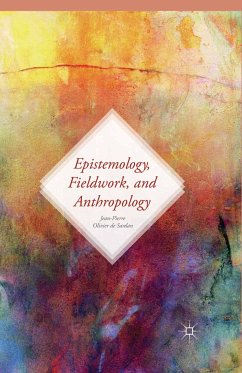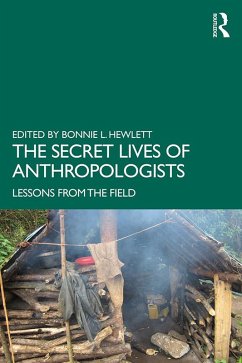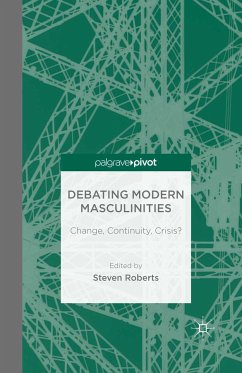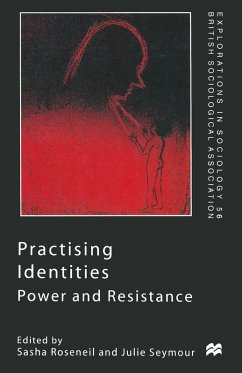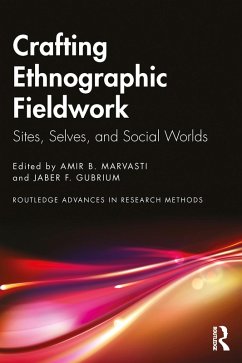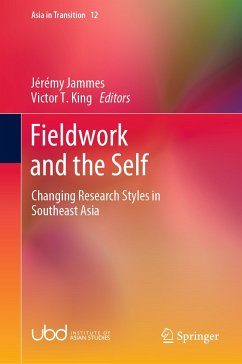
Doing Fieldwork (eBook, PDF)
Ethnographic Methods for Research in Developing Countries and Beyond
Versandkostenfrei!
Sofort per Download lieferbar
80,95 €
inkl. MwSt.
Weitere Ausgaben:

PAYBACK Punkte
40 °P sammeln!
Making use of his own research experiences in Papua New Guinea, Southern Ontario, and Newfoundland, Wayne Fife teaches students and new researchers how to prepare for research, conduct a study, analyze the material (e.g. create new social and cultural theory), and write academic or policy oriented books, articles, or reports. The reader is taught how to combine historic and contemporary documents (e.g. archives, newspapers, government reports) with fieldwork methods (e.g. participant-observation, interviews, and self-reporting) to create ethnographic studies of disadvantaged populations. Anthr...
Making use of his own research experiences in Papua New Guinea, Southern Ontario, and Newfoundland, Wayne Fife teaches students and new researchers how to prepare for research, conduct a study, analyze the material (e.g. create new social and cultural theory), and write academic or policy oriented books, articles, or reports. The reader is taught how to combine historic and contemporary documents (e.g. archives, newspapers, government reports) with fieldwork methods (e.g. participant-observation, interviews, and self-reporting) to create ethnographic studies of disadvantaged populations. Anthropologists, Sociologists, Folklorists and Educational researchers will equally benefit from this critical approach to research.
Dieser Download kann aus rechtlichen Gründen nur mit Rechnungsadresse in A, B, BG, CY, CZ, D, DK, EW, E, FIN, F, GR, HR, H, IRL, I, LT, L, LR, M, NL, PL, P, R, S, SLO, SK ausgeliefert werden.



